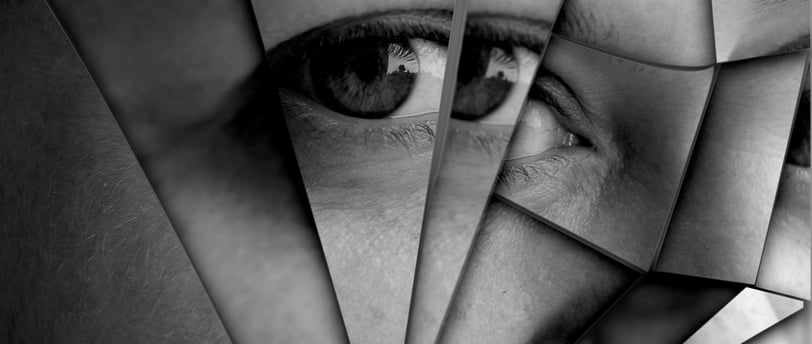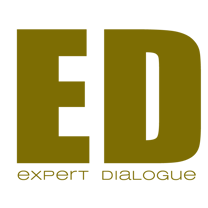The inhabitants of the mirror
I am many


The inhabitants of the mirror.
To the question of whether language is sufficient to describe what reality is, epistemology (the art of knowing how we know what we know, a discipline that opens up a whole new world when applied to all our little everyday questions), epistemology we say, takes us down paths that are seldom travelled. For as much as we use language to express what we see or understand, our language also manufactures and invents what we define, necessarily abusively, as reality. This is where the power of our systems of expression lies: they reflect and at the same time produce our beliefs, they manufacture and induce what we want people to believe. According to the philosophers of language (of whom Wittgenstein, Batteson and Wastlawick are eminent exponents), it is difficult to believe that language conveys reality in the strict sense of the word; it would be more accurate to say that it conveys the meaning that each of us finds in it, a meaning that is based on an interpretation of a reality that suits us.
For example, what can we say about the quirks of language that consist in talking about ourselves in various forms that could be called ‘pronominal’ (talking about ourselves in the first, second or third person)? Each of these forms, as we can see on closer inspection, is designed to establish a system of personal enhancement that seems innocuous, and yet... What could possibly be the meaning behind the expression ‘I'm going to take a my yoga class? By what absurd logic should we appropriate a yoga class when it seems obvious that we can't possibly go and take someone else's? The same goes for going to see ‘my’ physiotherapist or not missing ‘my flight’, as if these existed solely for the personal use of the subject. They demonstrate how the perception is created, by oneself and by others, of being at the centre of our world, this possessive subject who only gives meaning to everything else because he or she exists. We achieve the same effect with expressions like ‘I hate being spoken to before my first coffee’, the absurd exaggeration of ‘hating’ caused by a word addressed before the first coffee is intended to exaggerate the weight of the Ego expressing itself (our subject could be woken up with a dictionary thrown at them in order to check what hating exactly means). Another innocuous enhancement consists of talking about oneself by saying ‘I am someone who ...’. With this phrase, the subject extracts himself from himself, as if to make it clear that he is indeed ‘someone’, a bit like when a king (or a minister) talks about himself in the third person, thus pointing to the ideal of his own self to which he expects everyone to conform.
It is just as practical to create self-worth by denying the other any ‘subjectal’ position, i.e. by implying that the other does not really exist as a self. The mother will address her baby, telling him that he has no existence separate from her: ‘so we had a little poo’? The nurse will address the granddad, telling him that he practically no longer exists as a responsible being: ‘Now let's go to bed, shall we? (cool! thinks the little old man who has not yet lost all his head)'
The ultimate subtlety consists of making the other person the subject while we're talking about ourselves: ‘You think you've arrived, but it's only the beginning’.
What's so uncomfortable about expressing yourself as the subject of your own thoughts, definitions and perceptions? What is the risk in being oneself, in saying ‘I’? All these formulas, these ‘figurations of the self’ no doubt reveal the very uncertain and sometimes even harsh view we take of ourselves. What could be more real than the constant battle between all those beings who inhabit our mirrors, tugging at us and constantly speaking on our behalf?
